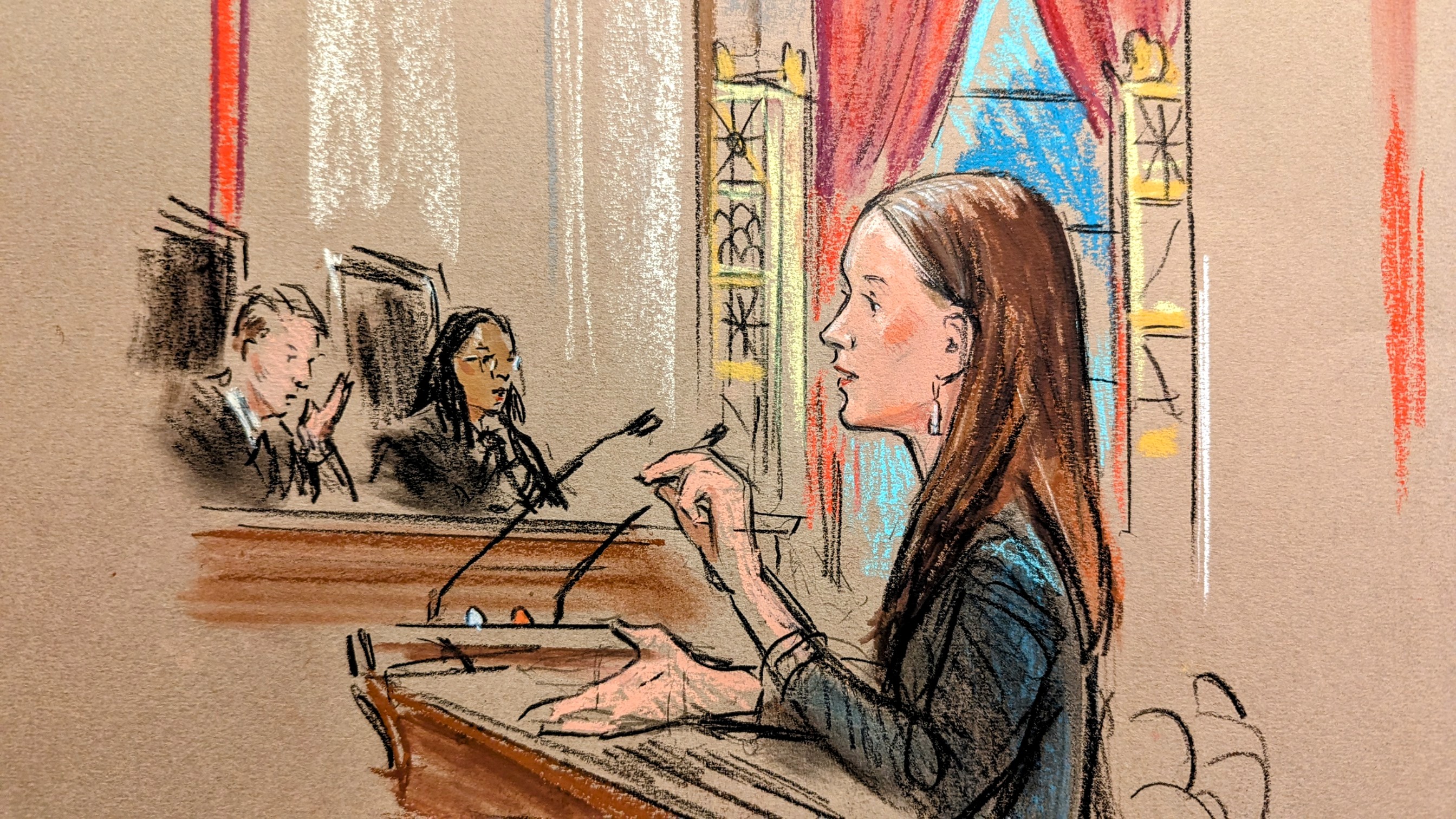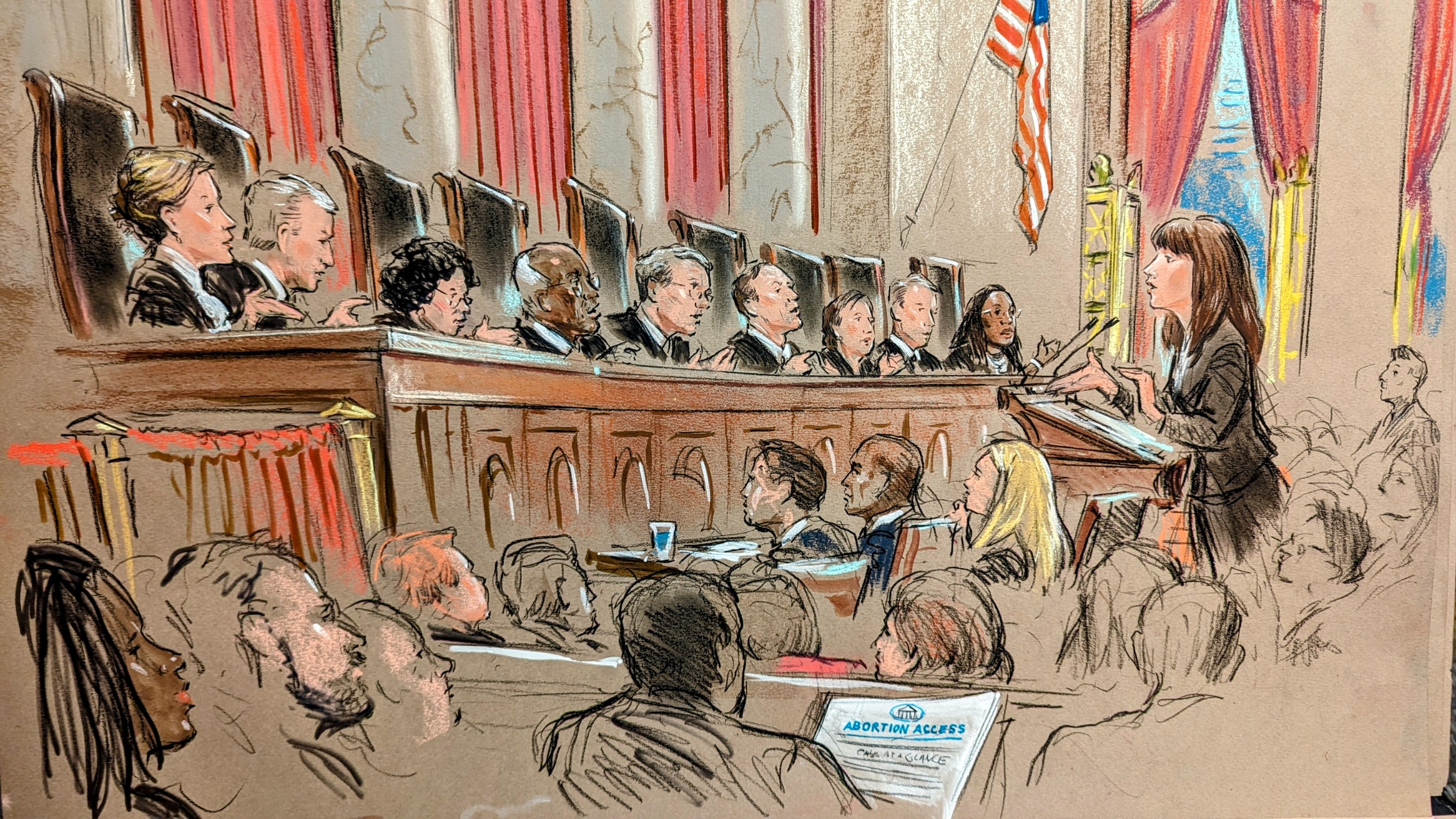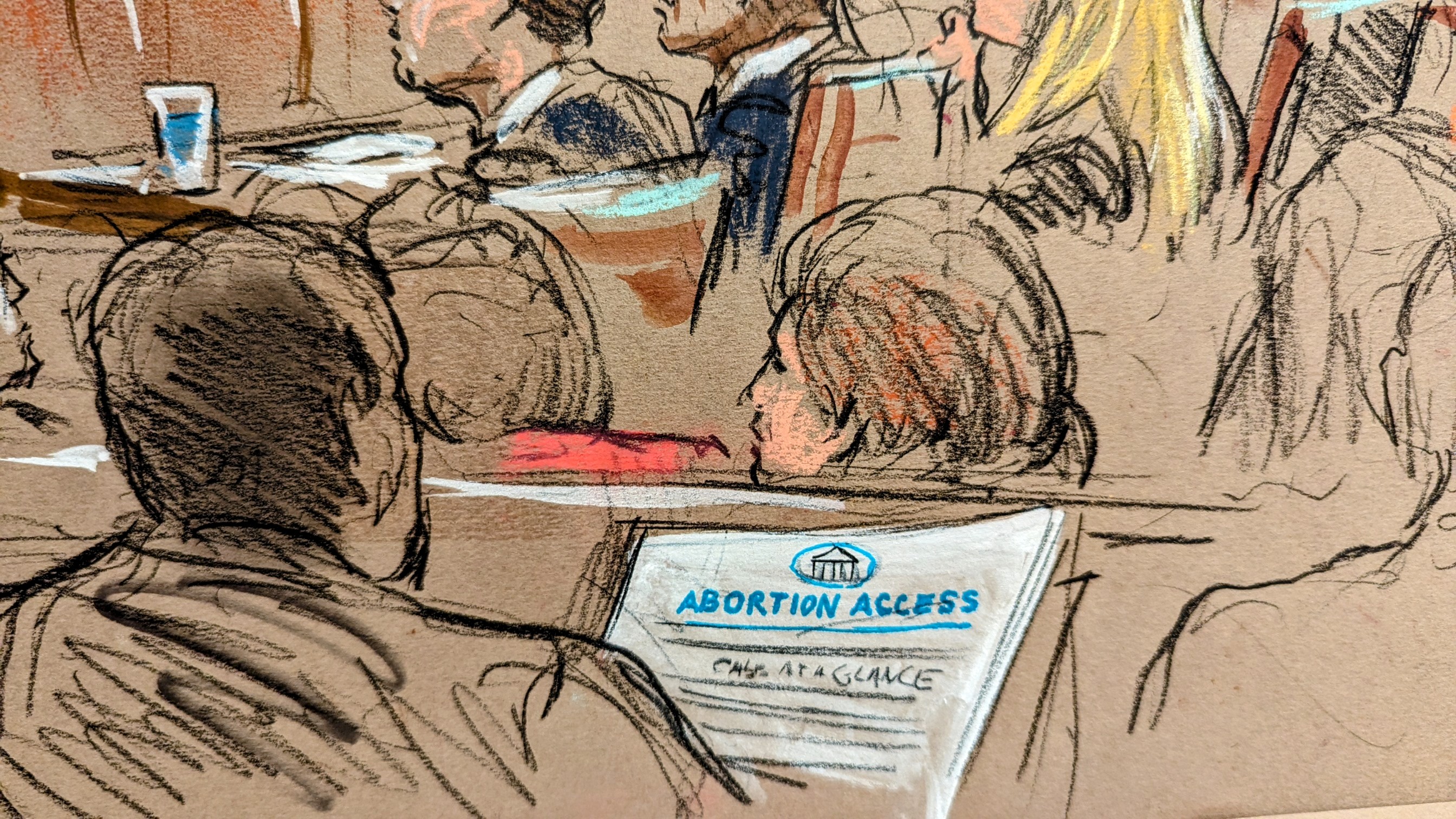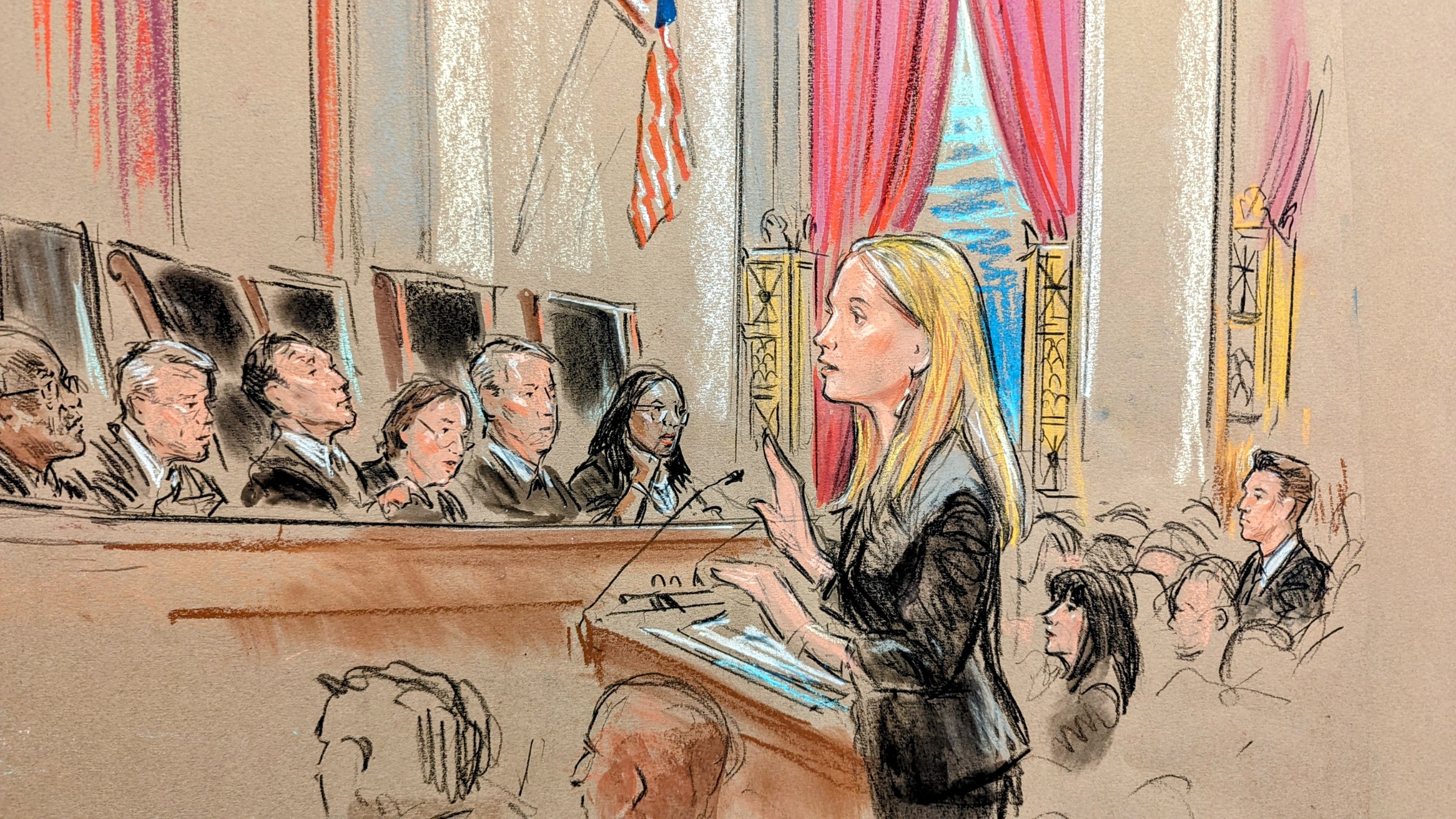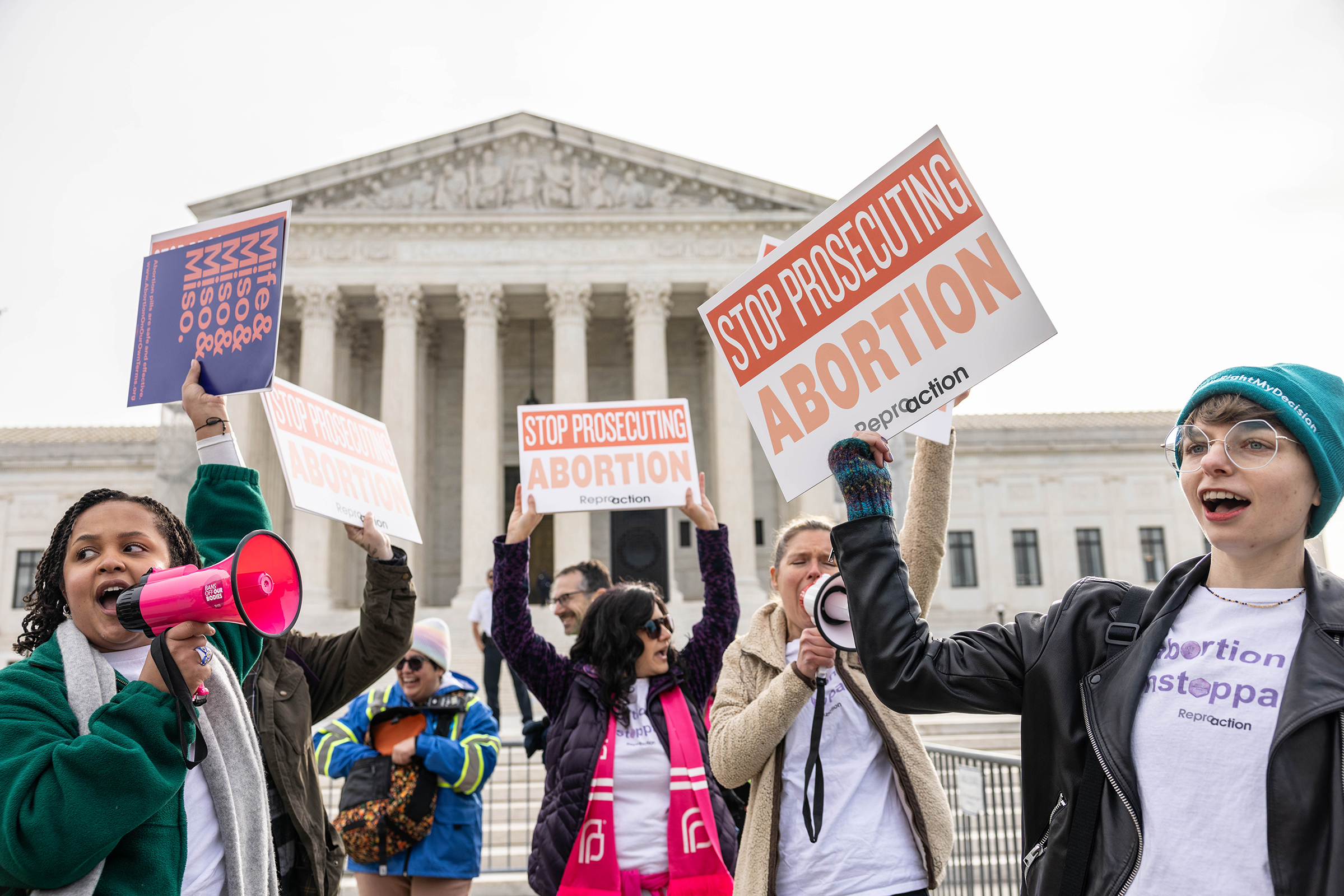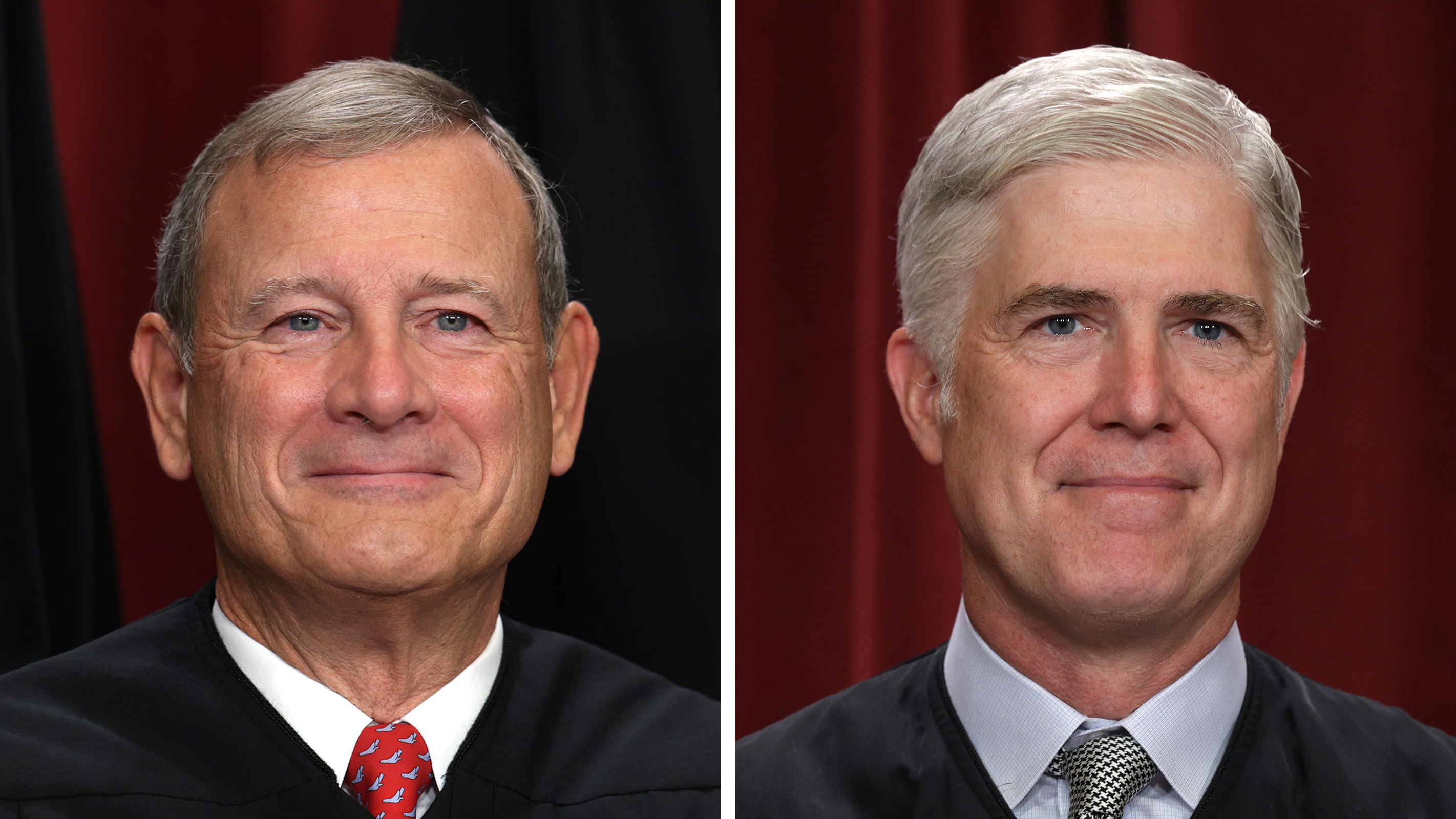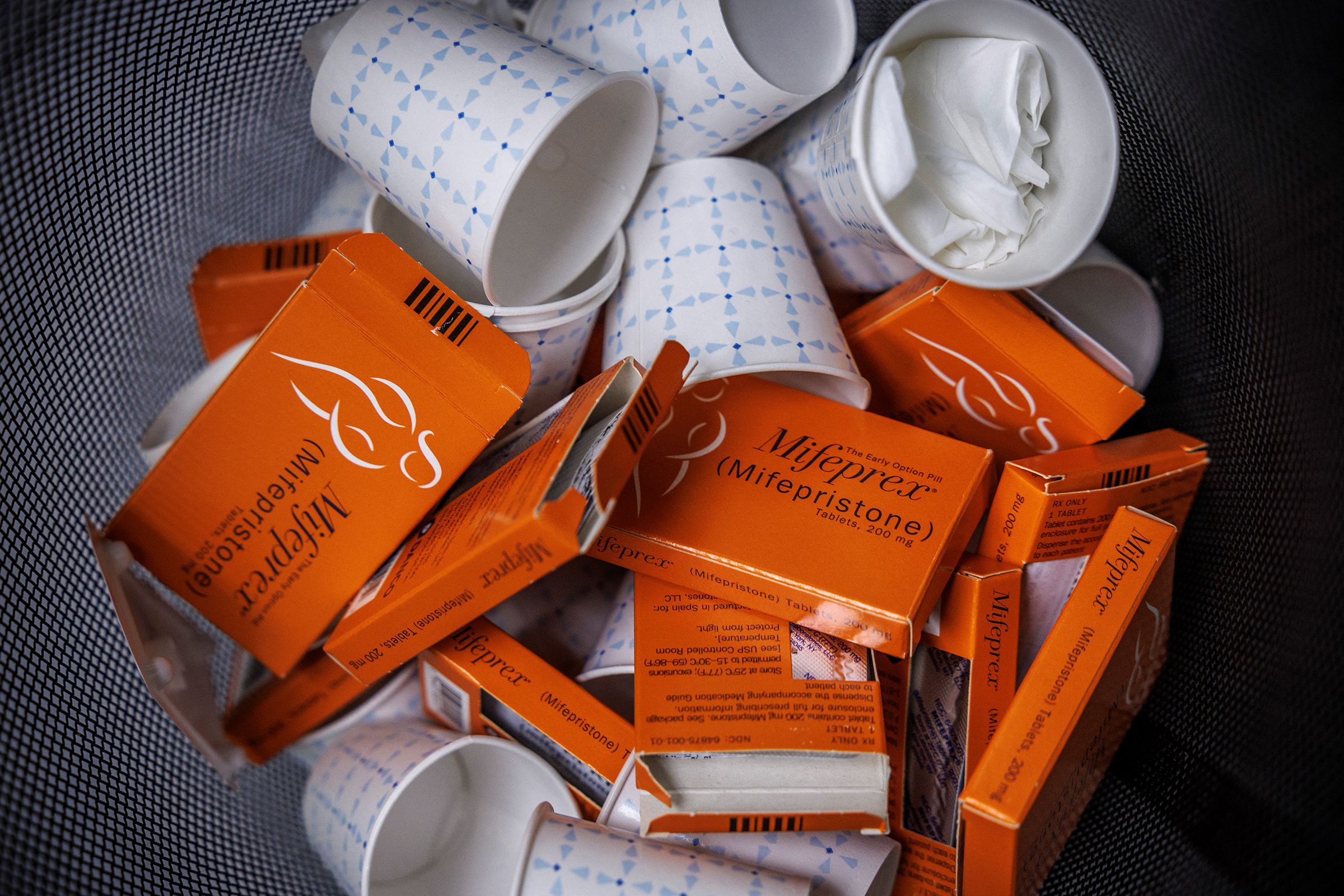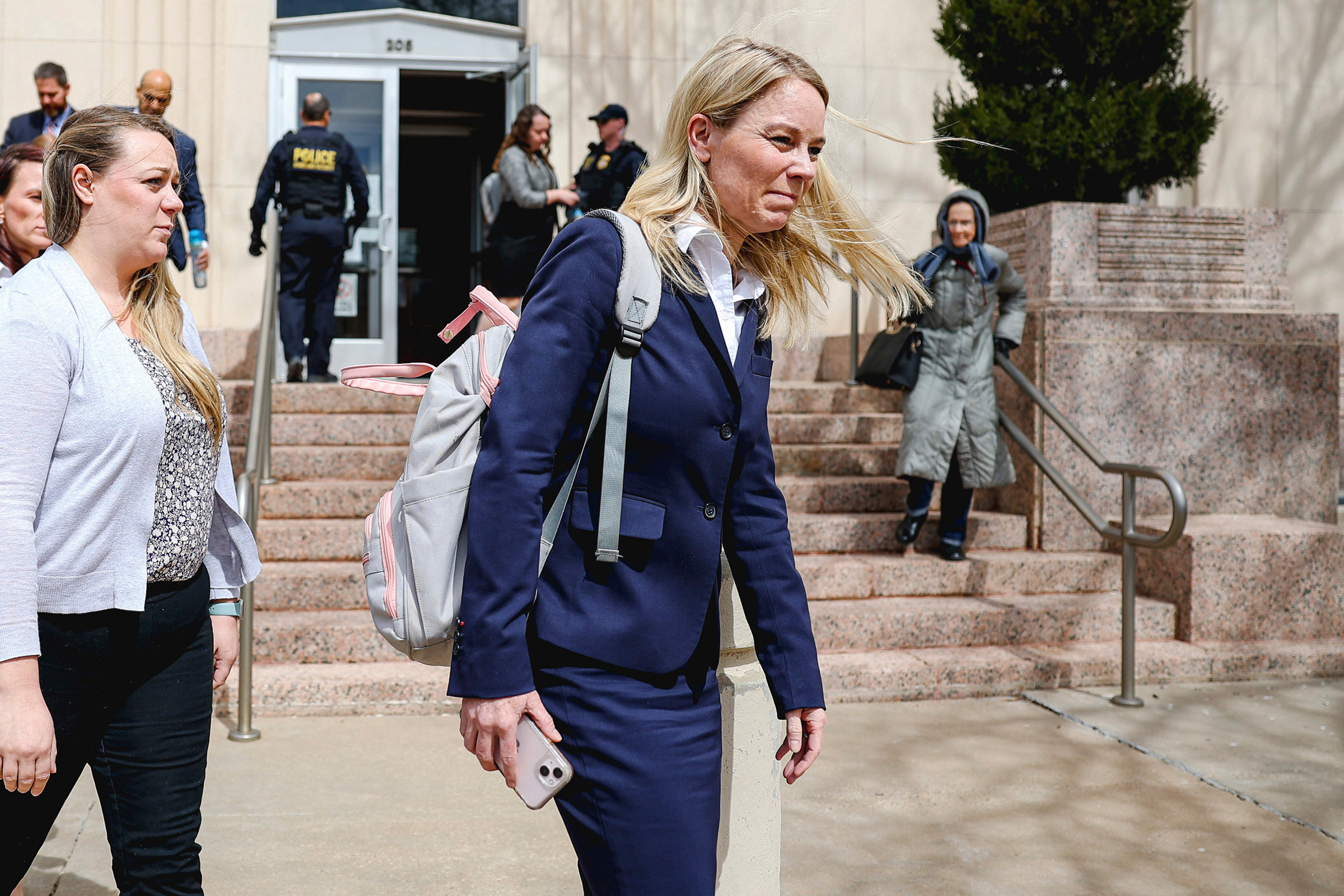Justices overall appeared skeptical of the challengers of the FDA's approval of and regulations governing mifepristone, a drug used for medication abortions.
With the caveat that anything can happen, here are the key takeaways from oral arguments:
- Chief Justice John Roberts and Justice Neil Gorsuch tore into the challengers’ attorney over the impact caused by the lawsuit, suggesting a nationwide injunction was unnecessary.
- Conservative Justice Brett Kavanaugh asked whether federal law provides some protections for doctors who object to providing an abortion on moral and religious grounds – a sign that he may not be convinced that the plaintiffs could not demonstrate any injury to them stemming from the agency’s regulations.
- Justice Samuel Alito, who wrote the opinion reversing Roe v. Wade, and fellow ardent abortion opponent Justice Clarence Thomas, pushed the question of whether anyone can actually challenge the FDA on drug approvals. The FDA wants to be “infallible,” Alito said at one point.
- Alito said that a long-unenforced law, the Comstock Act, banning the mailing of drugs used for abortions was not “obscure” but rather a “prominent” law. Some anti-abortion activists see the law as an avenue to end medication abortion, and perhaps all kinds of abortions.
- That the challenge to mifepristone reached the Supreme Court in such a short amount of time was no accident – a result of the “judge-shopping” phenomenon seen recently on major political issues including health care, firearms and abortion.
Read more on the takeaways here.
